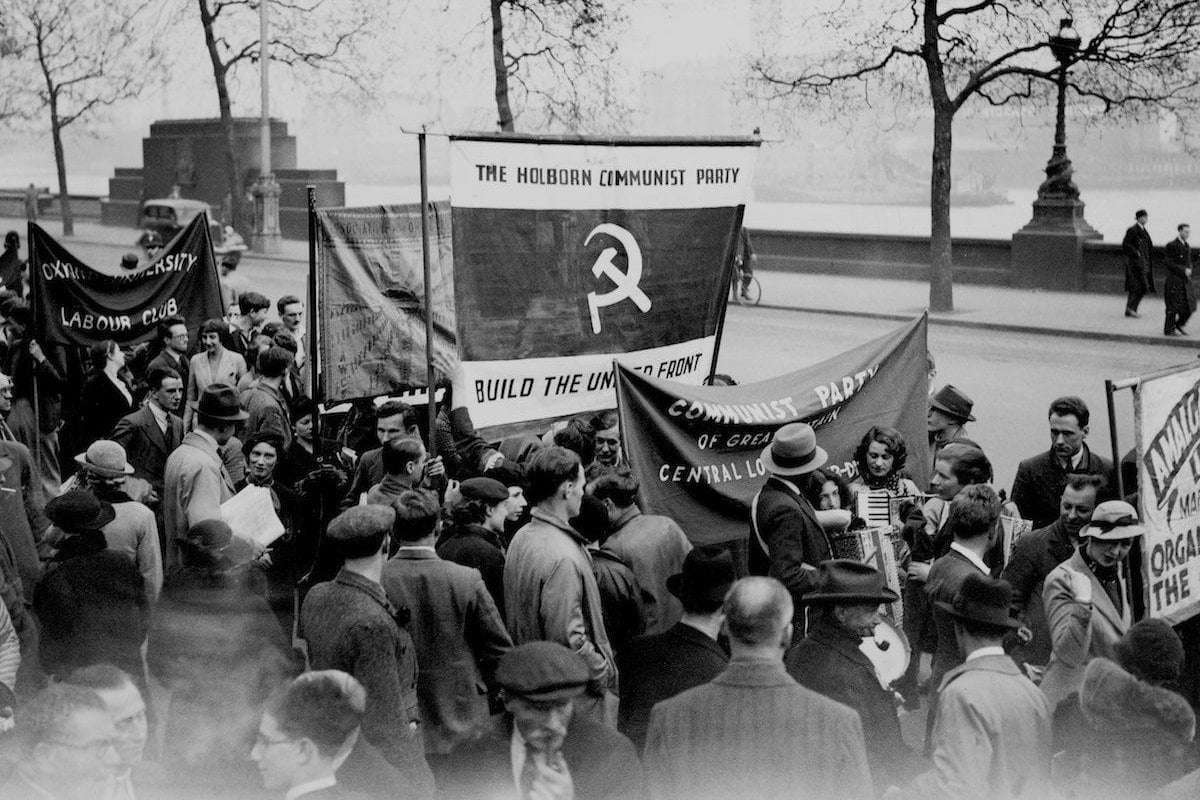The founding of the British Communist Party in 1920 took place during a period of heightened class struggle, marking an important milestone in the development of Marxism. Although only a few thousands strong, it attracted the most militant sections of the working class and led key struggles, such as those of the National Minority Movement.
In its early days, the young party was affected by sectarianism, but this was later corrected with the intervention of the Communist International, led by Lenin and Trotsky. Unfortunately however, after Lenin’s death and the rise of Stalinism, the party was thrown off course, zig-zagging wildly between opportunism and ultra-left sectarianism. This doomed the party to forever remain as a fringe organisation.
In this talk, Ben Gliniecki discusses how, despite these mistakes, the successes from the early years of the Communist Party provide many excellent examples for Marxists today of how a revolutionary party can be built and gain the support of the working class.





